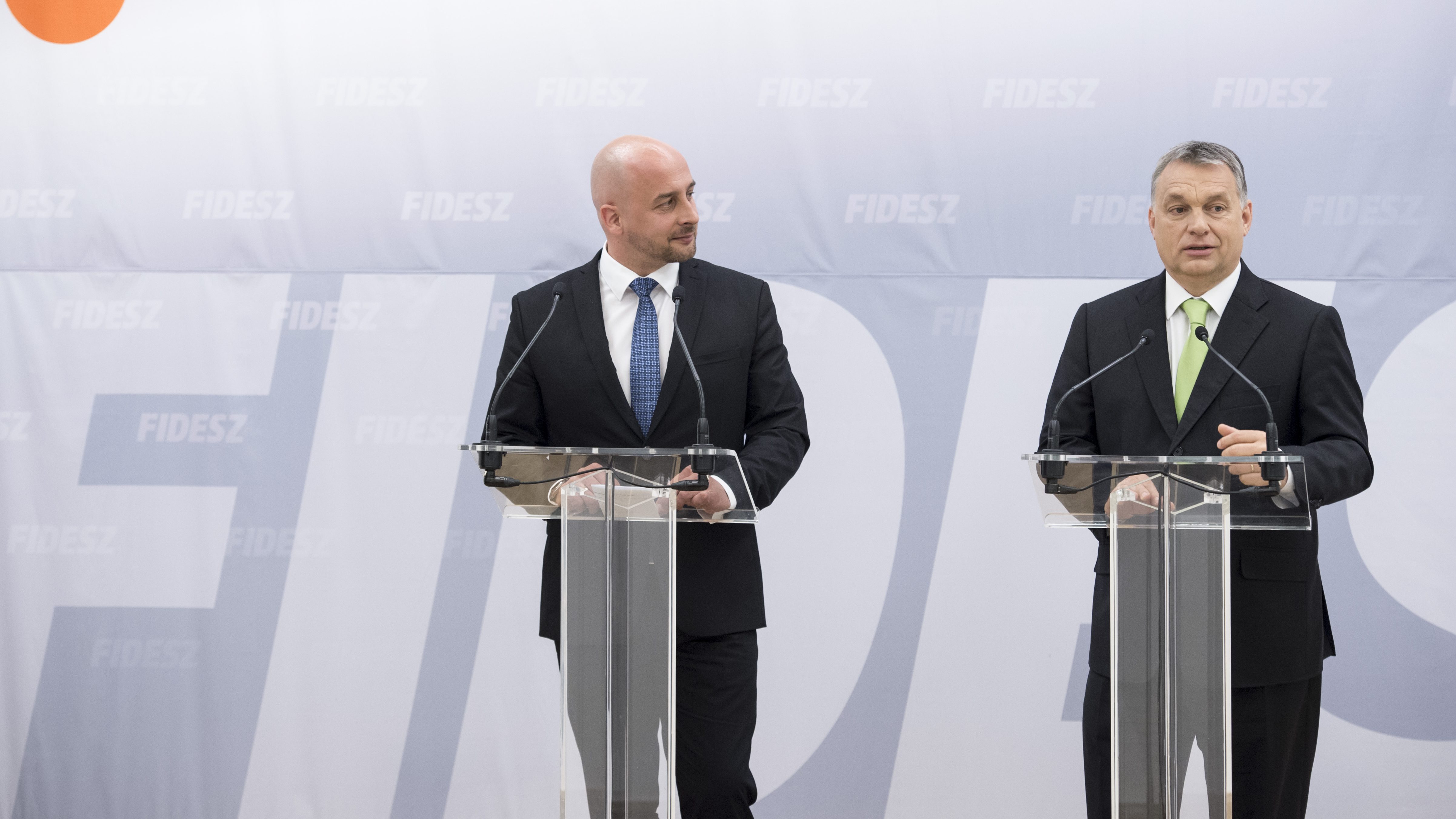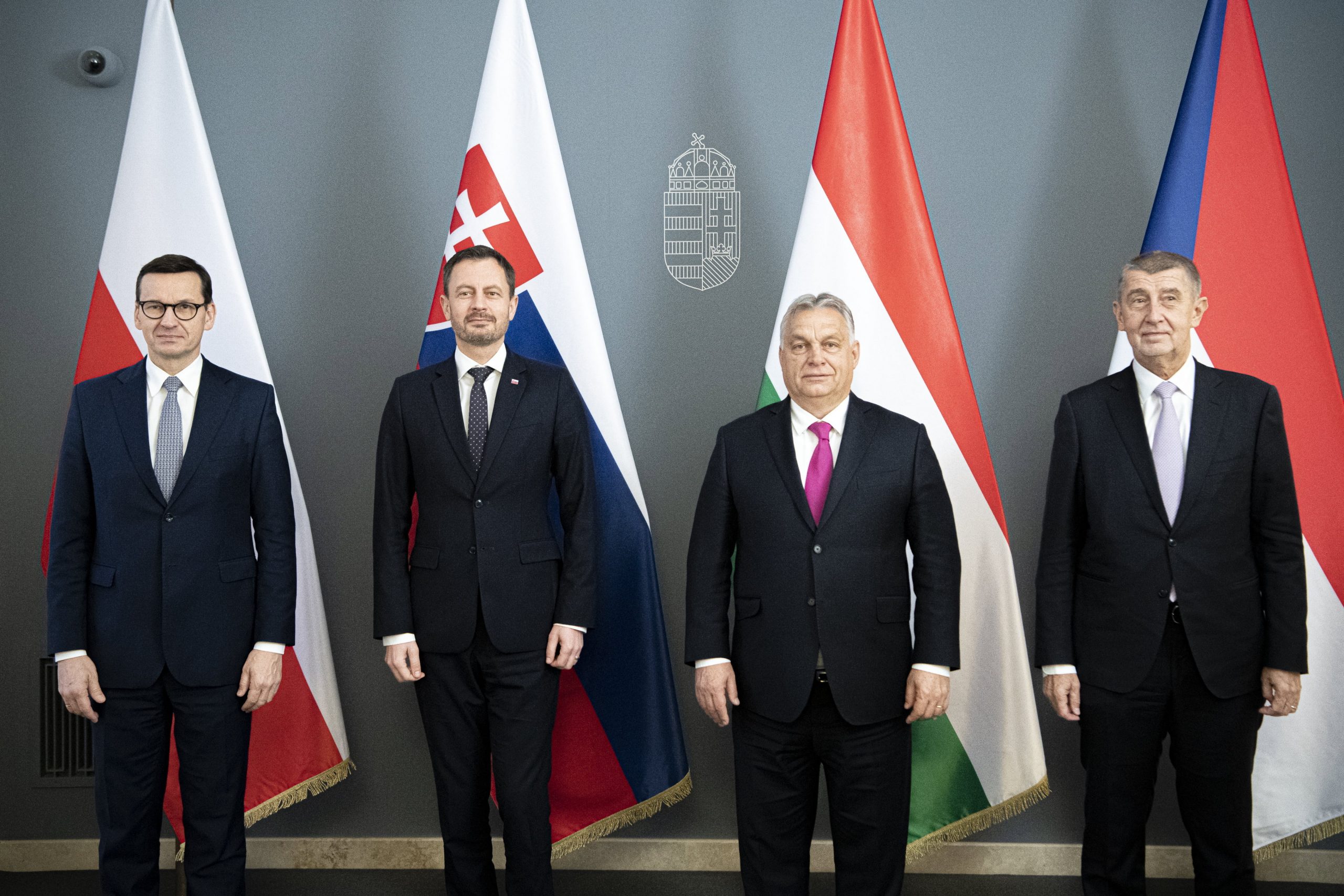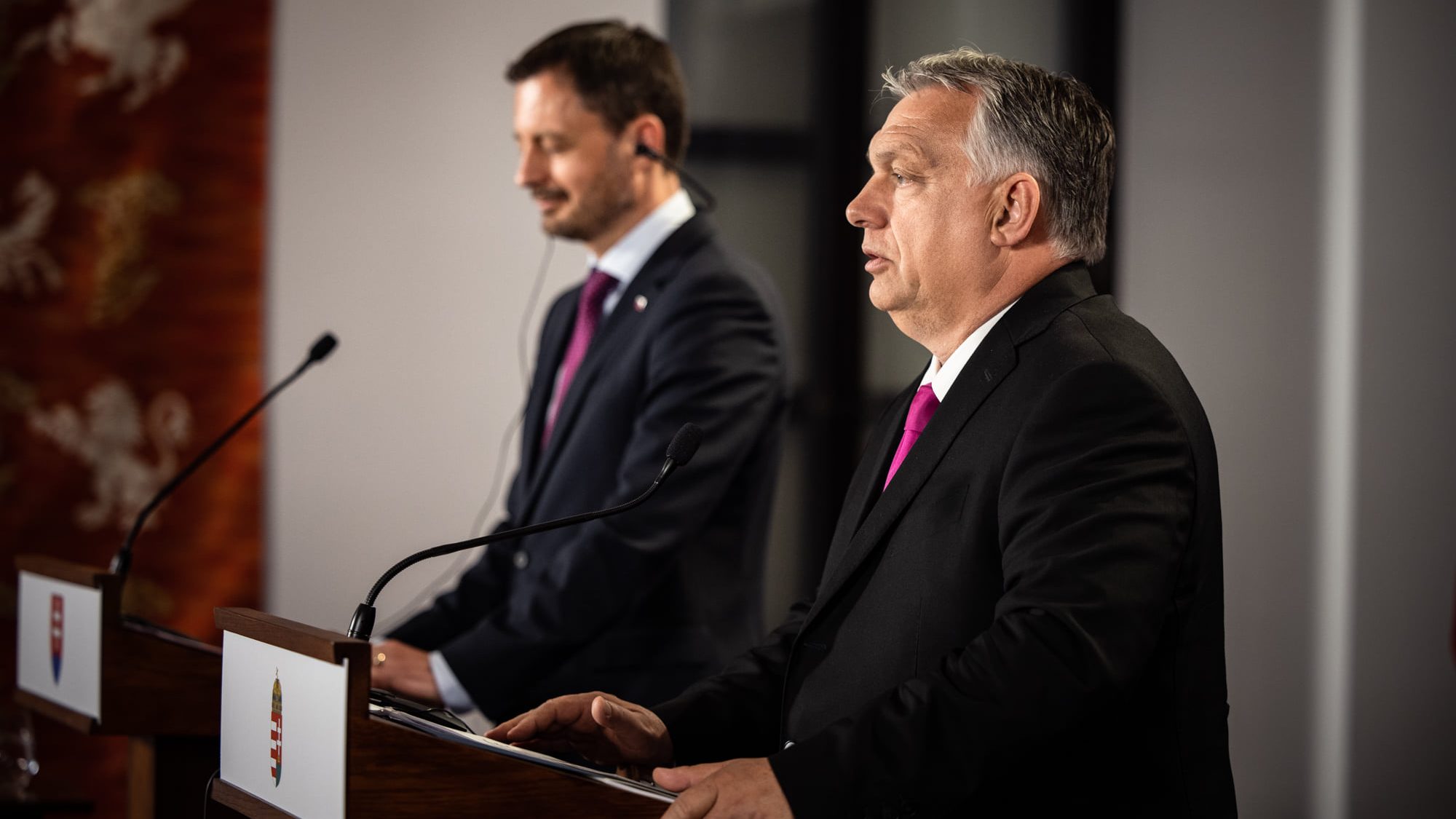
Mr. Orbán stressed that in order to much more intensively exploit these opportunities, Fidesz will propose to the Hungarian government that, as with the economic development programmes in Vojvodina and Transcarpathia, “We should also enter into an agreement with the community of Hungarians in Slovakia […] so that we can also benefit from the positive Slovak-Hungarian relations in the field of economic development”. By relying on the experiences gained in other regions, he said, we may set out with a good chance of success, and there may be significant economic development resources already available this year.
As the Prime Minister pointed out, at the meeting they assessed the state of the Hungarian community in Slovakia, reviewed demographic, training and public administration indicators and regional developments, and concluded that “reality is falling far short of the opportunities”.
This is why there is a need for an economic development programme, the Fidesz leader said. He pointed out that the long-standing micro-regional fragmentation of the Hungarian community means that the parties have accepted an approach focusing on the need for programmes to be broken down into micro-regions. Summary reports will be presented to the Hungarian government within days, he explained, and therefore the programme – worth tens of billions of forints – could be launched.
He said that in the meeting they spoke about the opening of border crossing stations and the construction of bridges and roads, which may also boost the development of economic relations.
The state of the Hungarian language and Hungarian-language education was also on the agenda, Mr. Orbán said. He said that the efforts of those teaching Hungarian in Slovakia should be recognised, but a shortage of funds has meant that they cannot be sufficiently effective. He stressed that both in schools and higher education, significant Hungarian funds are required for the survival of the Hungarian language, and the Hungarian economy is able to finance these commitments together with an economic development programme.
Mr. Orbán said that it is important that there should be an adequate network of relations between the political organisations of Hungarian communities living in the Carpathian Basin and Hungarian parties, and the Government’s network of relations does not substitute for that of parties. The partner organisation of Fidesz-KDNP in Slovakia is the MKP, he stated, and “this is how it was, how it is, and how it will be”.
In answer to a question, the President of Fidesz said that his feelings are ambivalent because, on the one hand, the MKP says that the region does not receive the attention that it deserves, while on the other hand in recent years the Hungarian and Slovak governments have made major efforts to develop good relations and find areas in which nothing can hinder cooperation. He added that the two governments have entered into several agreements and have enacted specific measures which have improved the chances of resolving outstanding problems.
In Mr. Orbán’s view there is a need for good Slovak-Hungarian relations and the implementation of joint plans as soon as possible.
He remarked that we should appreciate the commitment of the Slovak government to helping with the management of the migrant crisis on Hungary’s southern border, as part of which they are sending there both soldiers and police officers.
József Menyhárt, President of the MKP, stressed that the decline of the Hungarian population in Slovakia must be stopped. In order to do so, there is a need for economic development, otherwise young people will not remain there. He added that the economic stimulus package which may be implemented this year will help small and medium-sized enterprises in the Hungarian-inhabited areas of Slovakia.
He also said that the survival of all schools with low student numbers must be supported, because education strengthens community life. Language use is also very important, and the long-term objective is that Hungarian should become a regional language, he pointed out.
In answer to a question, the President of the MKP said that every school must be retained, and this cannot be a question of money. These institutions should be maintained from tax revenues, however, and Hungary cannot be expected to support these schools in their entirety.
In this regard Mr. Orbán said that “There is a national government in office in Hungary, and this means that not a single Hungarian-language school in the Carpathian Basin can be closed down because of a shortage of funds.”
In answer to a question he also said that the MKP “is our partner” and the Government supports the MKP because “a mixed party means dissolution, and a Hungarian party means survival”.
Regarding the upcoming county elections in Slovakia, Mr. Menyhárt said that his party will mobilise the Hungarian community and will also nominate candidates for county leaders in two counties.


